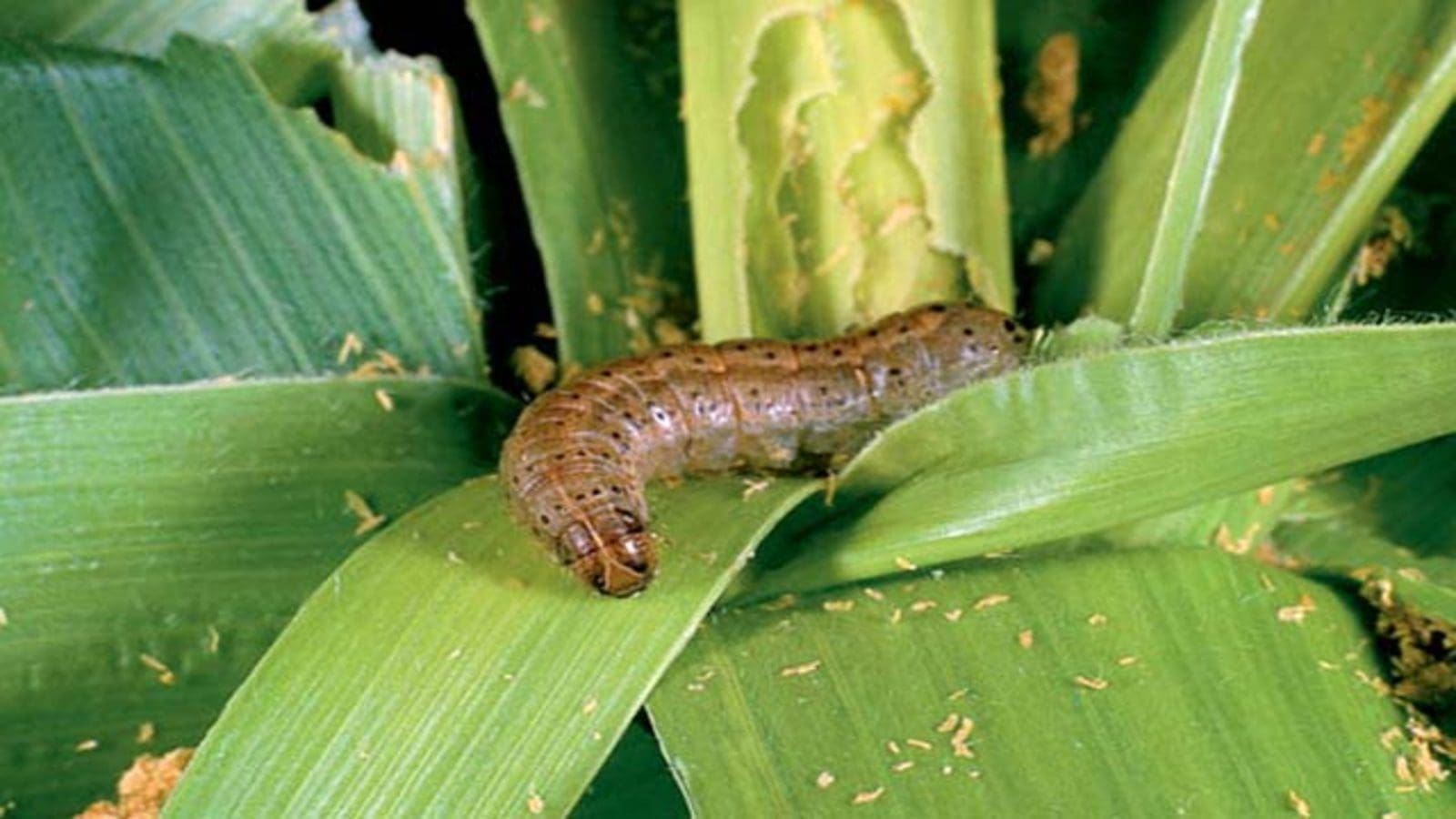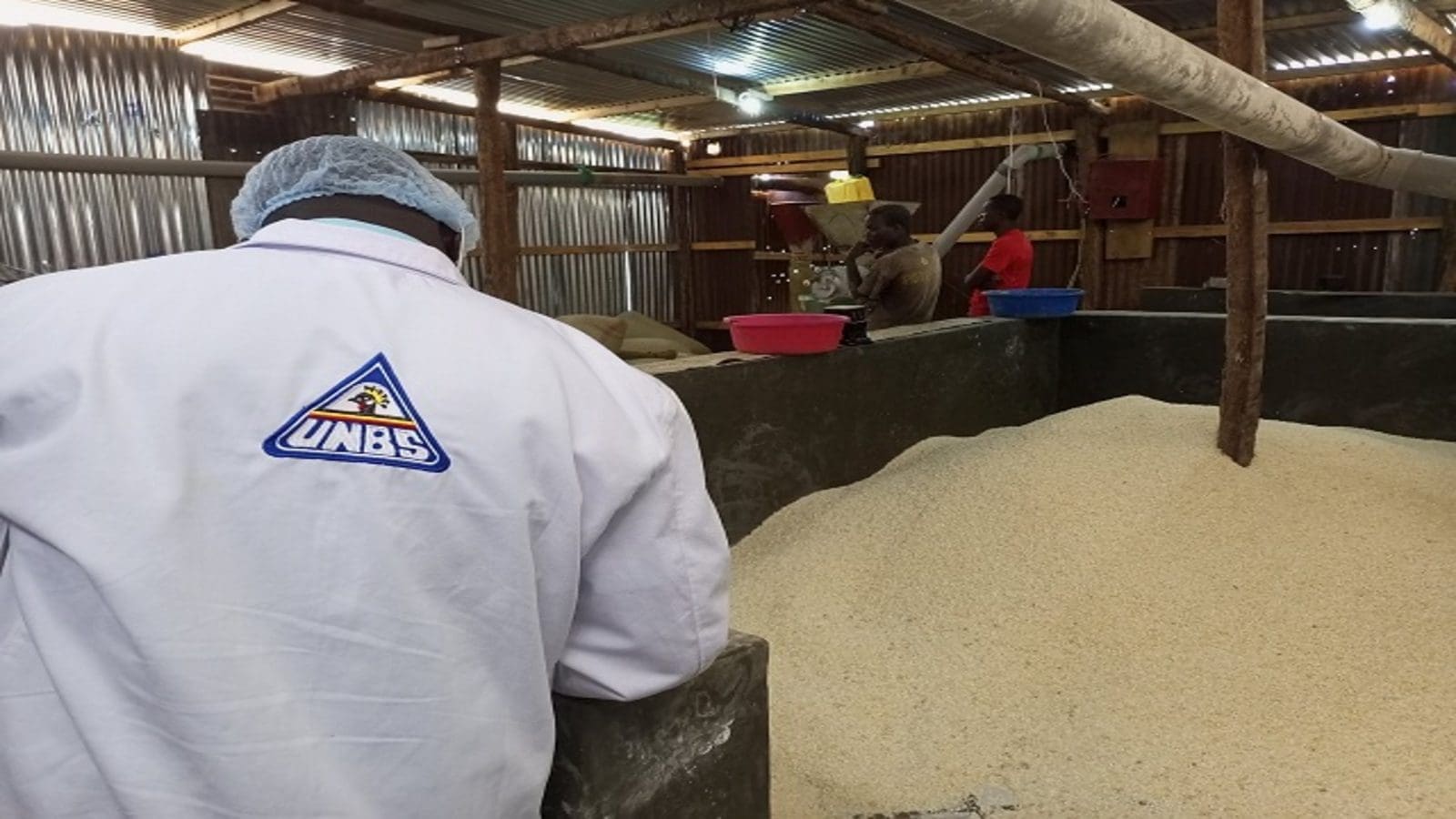UGANDA – Fall army warms (Spodoptera frugiperda) have descended on farmlands in Uganda destroying 2,024.02 square miles (524,000 hectares) in Nakaseke District, Uganda, Business Focus has reported.
According to the report by the Ugandan daily, the most affected areas are Wakyato, Ngoma, Kinyogoga, and Kinoni sub-counties in Nakaseke District.
Speaking to Uganda Radio Network (URN, Hajat Sarah Nakalungi, the Nakaseke District Chief Administrative Officer (DCAO) said that the authorities have called upon the Ministry of Agriculture, Animal Industry and Fisheries (MAAIF) to intervene in the outbreak of the pests.
“The presence of those pests has caused losses of unprecedented levels to both crops and livestock farmers. Most affected are the cereal crops and animal pastures,” a letter from the DCAO to Ministry of Agriculture.
Fall Armyworm, an insect that was first detected in Central and Western Africa in early 2016, is an insect pest that feeds on more than 80 crop species, causing damage to cereals such as maize, rice, sorghum, and legumes among others.
They are known to march across the landscape in large groups feasting on young plants and leaving colossal devastation behind.
Maize crops in Sub-Saharan Africa at risk from the pest
Recently, a new research published in Frontiers in Insect Science journal showed that almost 92% of Africa’s maize-growing areas support the year-round growth of fall armyworms.
In addition, the study revealed that 95% of the crop is also deemed climatically suitable for fall armyworms and at least three or more pests like the maize stalk borer, Western corn rootworm, and Asiatic witchweed.
This comes at a time when the World Bank in a recent forecast reported that maize production in sub-Saharan Africa owes to decline by about 40 percent by 2050 unless mechanization is fast-tracked
However, countries such as Rwanda and Kenya have kickstarted mitigation measures by proposing biological control as well as pest-resistant maize varieties.
Recently, Kenya’s National Varieties Release Committee (NRVC) gave a green light to the approval of three-fall army warm (FAW) tolerant maize varieties to improve food security in the country.
The varieties, FAWTH2001, FAWTH2002, and FAWTH200, were the result of a program dubbed Plant Health Innovation Platform (PHIP) that sought to use Integrated Pest Management (IPM) on FAW using various technologies
For all the latest food industry news from Africa and the World, subscribe to our NEWSLETTER, follow us on Twitter and LinkedIn, like us on Facebook and subscribe to our YouTube channel










